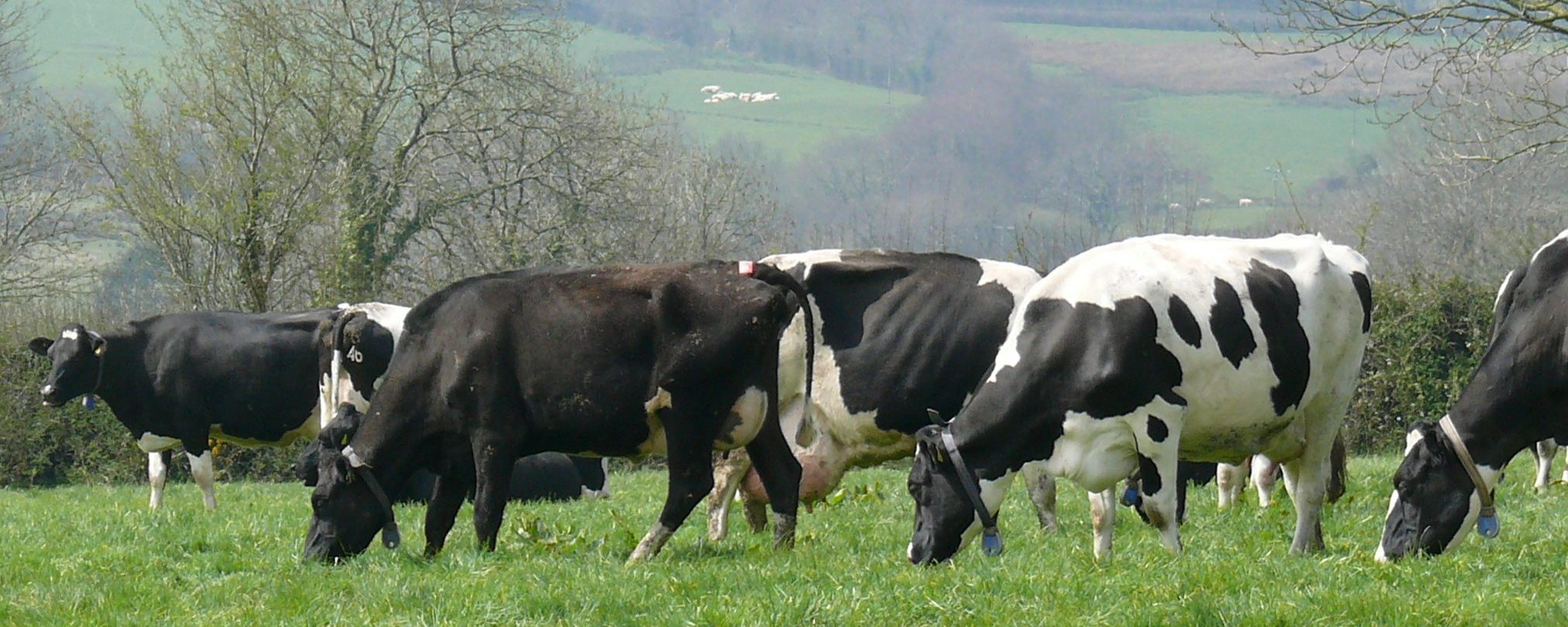GROWING BACK
GROWING BACK: a resilient and sustainable approach to agriculture and food in the South West
27 - 31 July 2020
The first Growing Back webinar series attracted over 500 delegates. Recordings of the events are still available to view through the links below.
SUMMARY
Through five sessions, starting with Cornwall and the Isles of Scilly and reflecting on the wider South West, we will explore the nature of agriculture and food in the region, what is important to protect and enhance, and the potential direction of travel (where we want to go). Something that we can build on as a platform for change: economically, environmentally, and socially.
We will hear from experts and those who are practically making a difference, both to inform and provide confidence that change is possible. Your opinions are important too, so these sessions will have polls, Q&A, and an opportunity to identify other examples or expertise and best practice.
What we learn from these sessions will inform future webinars. So, if we discover where we want to go in this series, the next one will look at what we need to get there.
WEBINARS
Setting the Scene: agriculture and food production in our region
Before we explore key aspects of agri-food production, we need consider what an ideal future could be, where we are now, and the challenges and opportunities that we face.
- Imagining the future. Sue Pritchard, the Food Farming and Countryside Commission (FFCC)
- A Local Enterprise Partnership perspective. Clare Parnell, Cornwall & Isles of Scilly LEP
- Our region and sector now. Jon Perry, Cornwall NFU Chairman; and Richard Soffe
- Challenges ahead. Jon Perry, Cornwall NFU Chairman; and Matt Lobley, University of Exeter
The Climate Challenge
Climate change is happening. It is affecting us now and, if we do not act, more so in the future. So, what are the causes and implications for our region, what can we do to mitigate the effects, and what is the role for agriculture?
- The facts and figures? Prof Iain Stewart, University of Plymouth
- Cornwall’s role in the climate emergency. Peter Lefort, Cornwall Council
- The climate challenge and the role of grazing livestock. Prof Michael Lee, Rothamsted Research
Examples of best practice
- Bill Clarke, Trewithen Dairy, discusses soil health with Tom Tolputt a farmer and agronomist helping Trewithen’s dairy supply chain
- Becky Willson, Farm Carbon Toolkit, discusses carbon accounting tools and how they can help develop a carbon reduction strategy for the farm
- Bennamann and a farm perspective on methane capture and consumption
A Regenerative Approach: balancing natural capital and sustainable farm production
Our landscape is an asset. In our region, over 70% of land is agricultural, with famers and landowners as the custodians. Government policy will drive significant changes to the way this land is managed. So how should we invest in, protect and enhance this asset?
- Sustainable stewardship. Jeremy Clitherow and Ashley Taylor, the Duchy of Cornwall Estate
- Public money for public goods. Paul Cottington, NFU
Examples of best practice
- Tim Williams, regenerative livestock farmer, discusses regenerative agriculture with Tremayne Carew Pole of the Antony Estate.
- Catchment friendly farming – bringing water to life. Dr Laurence Couldrick, CEO Westcountry Rivers Trust (@LaurenceWRT) and James Lee, Lee Farm Services (@LeeFarming)
Our Food Systems
Recent events have changed the way we think about food. Like so many things that are essential for life, we often taken it for granted, focusing on convenience. Should we be reconsidering the value we place upon food, its provenance, how we source it and the benefits it provides?
- The food system – sustaining people and planet. Catherine Broomfield
- System resilience and circular economy in the south-west agri-food sector. Prof Mickey Howard, University of Exeter
Examples of best practice
- Smarter procurement and shorter, regional, supply chains. Greg Parsons, SW Food Hub
- Connecting with farmers for food. Catherine St Germans, Farms to Feed Us
- Community Supported Agriculture. Charlotte Barry, of Camel CSA
Pulling it Together: a consensus and towards an action plan
We all have an interest in agriculture and food. Hear from local enterprise partnerships about their future aspirations, those that represent the farming sector, and those leading the debate across the United Kingdom and our role in it.
- Sue Pritchard, FFCC
- Jon Perry, Cornwall NFU Chairman
- The LEPs: Clare Parnell, Cornwall & Isles of Scilly LEP
- The LEPs: Luke Rake, Chair of Rural Enterprise, Dorset LEP

